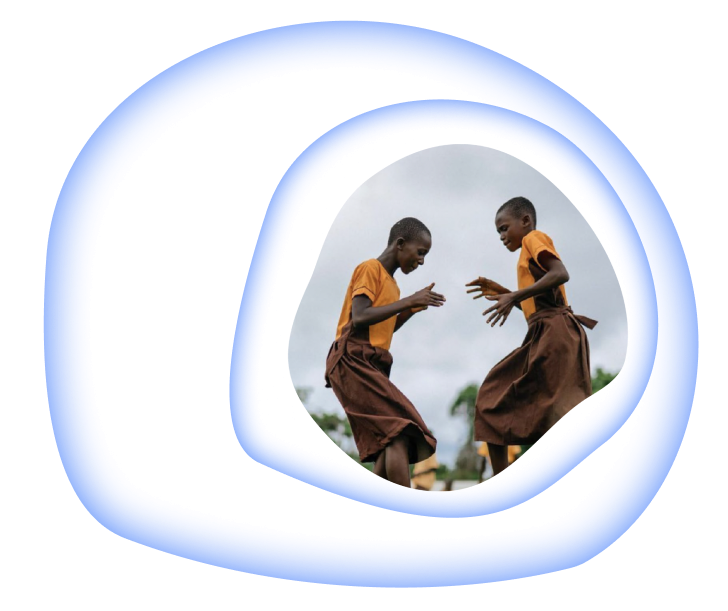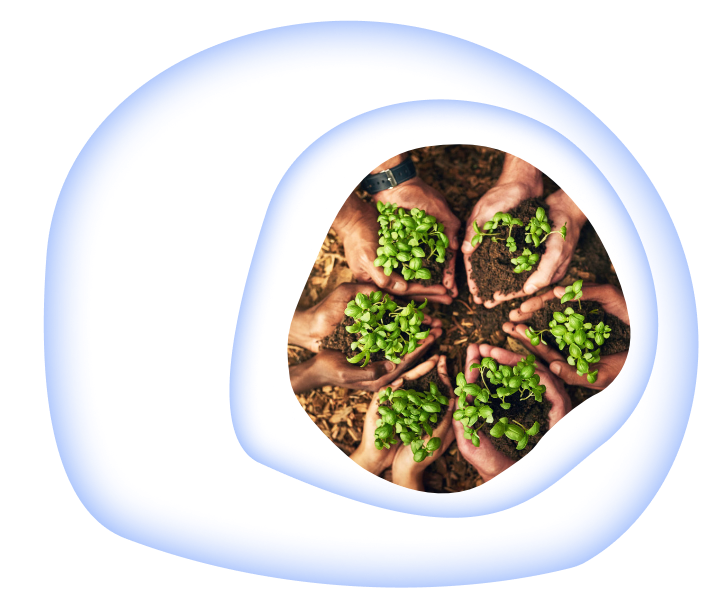

Systems thinking is a way of seeing the world as fundamentally connected and interdependent, with unanticipated outcomes and linkages. Understanding the world as a set of interconnected systems allows us to spark change by examining and reimagining existing rules for how these systems work. The process begins by looking beyond an immediate fix to a longer-term transformation – from the way systems work today to the way we hope they could work in the future.
In line with our approach to diversity, equity and inclusion, systems thinking is a process of co-learning that engages diverse actors from different perspectives within the system, who all need to be included in any outcome. This transformative process inevitably involves uncertainties and unexpected twists and turns. One of the fundamental practices of systems thinking is self-reflection – recognising that we are a part of any change, and being humble enough to realise that we ourselves must constantly change as well.
Systems thinking creates space for new perspectives to emerge and helps us grapple with inevitable trade-offs. At Unearthodox, systems thinking forms an underpinning pillar of our approach to innovation, alongside co-creation and futures thinking. We integrate systems thinking into our innovation life cycle of ideation, incubation and acceleration and constantly widen our networks and viewpoints through co-creative convenings.
The Art of Systems Change (2019) is the first book in a series, laying out a vision for creating systems change in an increasingly turbulent world. Written by a group of conservation practitioners including Melanie Ryan, Unearthodox’s Director, the book kickstarted a critical discussion about how to create transformational change.
The Craft of Systems Change (2022) is the second book in the series and builds on the original concepts, introducing a guiding framework called the ‘Systems Journey’. Also co-authored by Melanie Ryan and edited by Senior Editorial and Content Manager, Megan Eaves, the book presents practical tools and tips, and a process for changing the systems in which we live and work.
Futures thinking is a process for considering potential futures by exploring current trends and evaluating what scenarios are possible, probable and preferable. At Unearthodox, we are guided by a suite of futures thinking practices, including the Three Horizons Approach.
The Three Horizons Approach was co-created by Bill Sharpe, an expert in futures techniques working with the International Futures Forum. It offers a simple but potentially effective way of examining current, dominant systems and their challenges (Horizon 1), a desired future state (Horizon 3) and innovations that can help achieve the future vision (Horizon 2).
The Three Horizons helps us examine urgent, complex challenges to nature conservation, and is used in many other fields such as energy policy, health care, rural development and financial services.
‘Strengthening futures capacity in Africa’
This report utilises futures thinking to explore different methods for imagining the many possible futures for Africa, and identifying the actions required to reach those futures.
‘Imagining transformative biodiversity futures’
This commentary published in Nature Sustainability offers three evocative scenarios of what the future of life on Earth might look like, aiming to spark conversations about the choices society makes for humanity and nature.